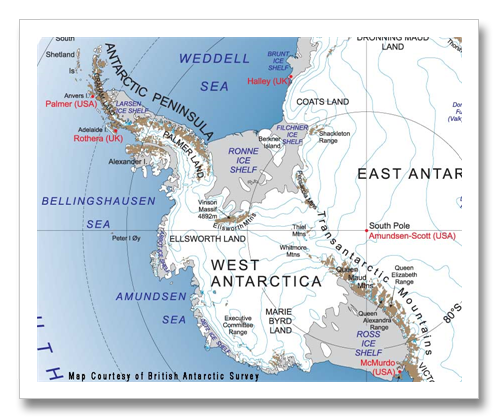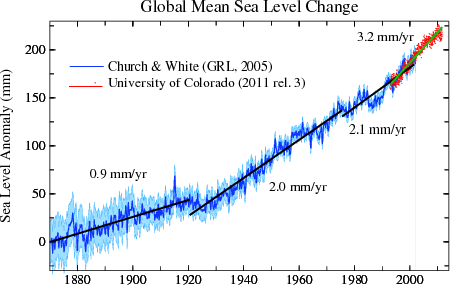
West Antarctic Ice Sheet Collapse: The Critical Path Article link Sea level rise estimates of around 10 feet by 2100 are now becoming hard to ignore. This article is about several new findings in 2018 that build on near-10 feet of sea level rise news from NOAA in 2016 and 2017. What is…









